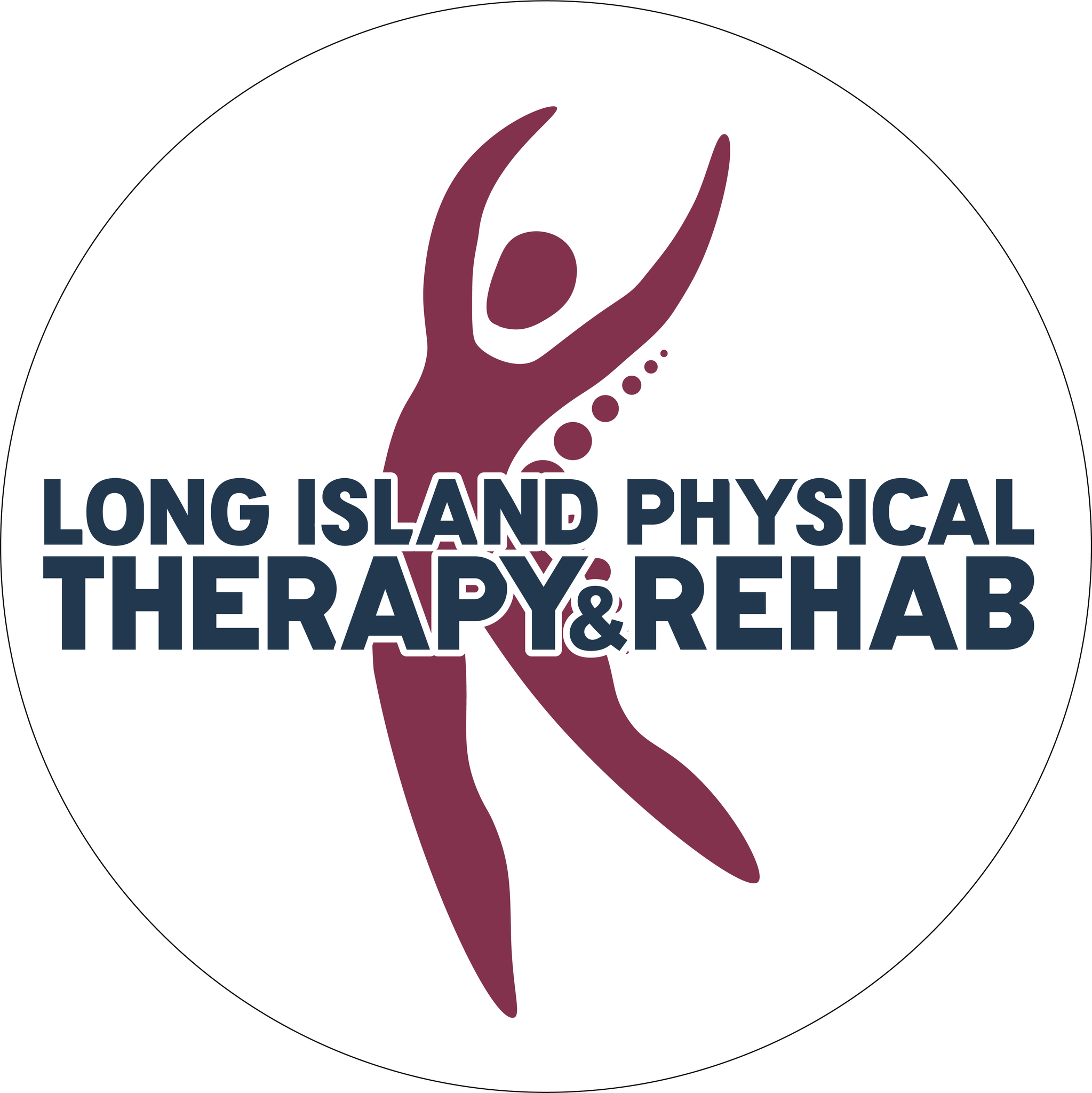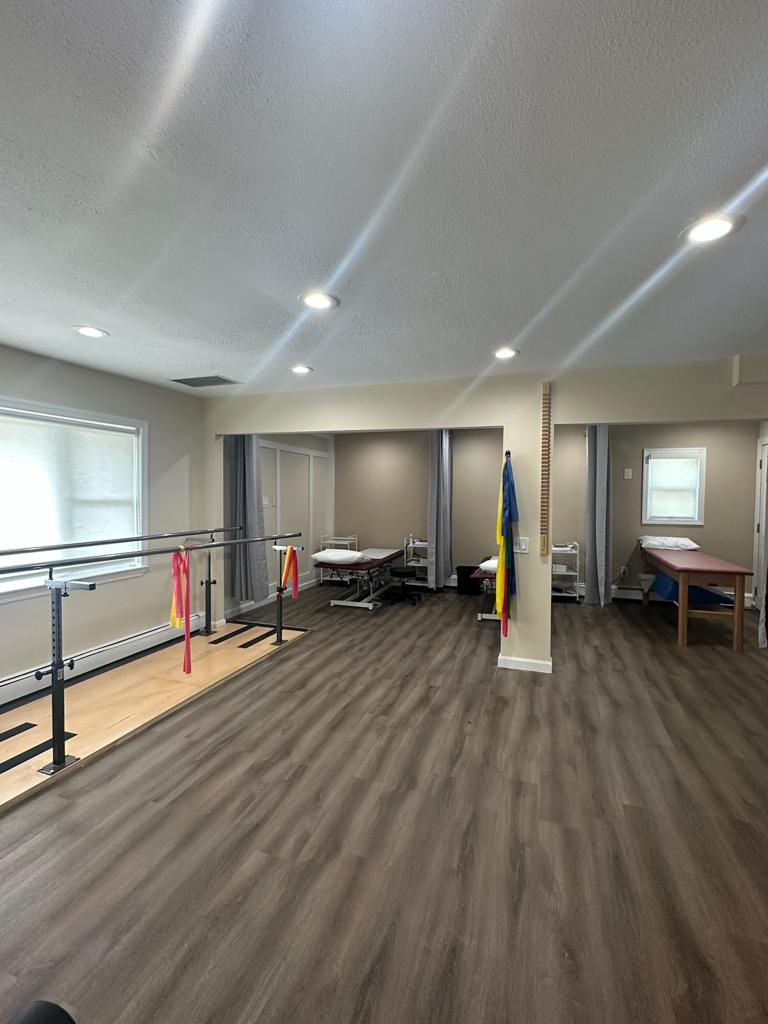When you’re experiencing musculoskeletal pain or a physical injury, seeking professional help is crucial to your recovery. However, you may wonder whether you should see a chiropractor or a physical therapist. Both disciplines offer unique approaches to managing pain, improving mobility, and enhancing overall well-being.
In this article, we’ll delve into the differences between chiropractic care and physical therapy and help Long Island residents decide on the most suitable treatment option for their needs.

Chiropractors: Focusing on Spinal Health and Alignment
Chiropractors are healthcare professionals who specialize in diagnosing and treating neuromuscular disorders, primarily focusing on the spine. They utilize a hands-on approach to manipulate the spine and other joints in the body to address misalignments or subluxations and promote optimal nervous system functioning. Chiropractic care is often sought for conditions such as back pain, neck pain, headaches, and musculoskeletal injuries.
Key benefits of chiropractic care include:
- Spinal alignment: Chiropractors use spinal adjustments to restore proper alignment, alleviate pain, and improve joint mobility.
- Pain management: Chiropractic care often provides effective pain relief without requiring medications or invasive procedures.
- Holistic approach: Chiropractors typically address the underlying causes of pain or dysfunction rather than treating symptoms.
Physical Therapists: Restoring Function and Movement
Physical therapists, also known as physiotherapists, are experts in evaluating and treating various musculoskeletal conditions and injuries. They employ different techniques, exercises, and modalities to restore function, improve mobility, and enhance physical performance. Physical therapy is often recommended for individuals recovering from surgery, accidents, sports injuries, or those looking to manage chronic pain.
Key benefits of physical therapy include:
- Customized treatment plans: Physical therapists assess your needs and design personalized treatment programs to target your unique condition and goals.
- Rehabilitation and injury prevention: Physical therapy focuses on recovery, preventing future injuries, and promoting long-term health and well-being.
- Active participation: Physical therapy involves patient engagement through therapeutic exercises, education, and lifestyle modifications, empowering individuals to take control of their recovery.
Difference between Chiropractor and Physical Therapist
| Chiropractor | Physical Therapist | |
| Focus | Primarily on spinal health | A broad range of musculoskeletal conditions and injuries |
| Treatment Approach | Spinal adjustments and manipulations | Exercise, manual therapy, modalities, and patient education |
| Conditions Treated | Back pain, neck pain, headaches, musculoskeletal injuries | Sports injuries, post-surgery rehabilitation, chronic pain management |
| Goals | Alleviate pain, enhance nervous system function, and overall well-being | Restore function, improve mobility, enhance physical performance |
| Treatment Duration | Shorter sessions (15-30 minutes) | Longer sessions (45-60 minutes) |
| Active Participation | Patient involvement may vary | Encourages active participation through exercises and lifestyle modifications |
| Scope of Practice | Primarily focused on the spine and nervous system | Comprehensive care for various musculoskeletal conditions |
| Insurance Coverage | Coverage varies, consult the insurance provider | Coverage varies, consult the insurance provider |
Chiropractor vs. Physical Therapist: Making the Right Choice
Choosing between a chiropractor and a physical therapist depends on several factors, including the nature of your condition, personal preferences, and treatment goals. Here are a few guidelines to help you decide:
- Consider your symptoms: Physical therapy may be the best starting point if you’re experiencing acute pain or limited mobility related to a specific joint or muscle group. Chiropractic care could be more suitable if your symptoms are primarily related to spinal misalignments or subluxations.
- Assess your goals: Physical therapy often focuses on restoring function, improving mobility, and enhancing overall physical performance. On the other hand, chiropractic care primarily aims to alleviate pain, improve nervous system function, and promote general well-being.
- Seek professional advice: Consulting with a chiropractor and a physical therapist can provide valuable insights into which treatment option may be more appropriate for your condition.
Why Choose Long Island Physical Therapy and Rehab?
For Long Island residents seeking top-notch care, Long Island Physical Therapy and Rehab offers a wide range of specialized services to address musculoskeletal conditions and injuries. Our expert team of physical therapists is dedicated to providing personalized care, utilizing the latest evidence-based techniques to help you recover and regain your quality of life.
Choosing between a chiropractor and a physical therapist depends on your condition, symptoms, and treatment goals. While chiropractic care focuses on spinal health and alignment, physical therapy addresses a broader range of musculoskeletal disorders. For the residents of Long Island seeking comprehensive care and personalized treatment plans, Long Island Physical Therapy and Rehab offers expert services to help you achieve optimal recovery and regain your mobility. Don’t hesitate to reach out and take the first step towards a pain-free and active lifestyle.
FAQs
Q1: Do chiropractors and physical therapists treat the same conditions?
Answer: While their needs may overlap, chiropractors primarily focus on spinal health and alignment, whereas physical therapists provide comprehensive care for various musculoskeletal conditions and injuries.
Q2: Will my insurance cover chiropractic or physical therapy sessions?
Answer: Coverage for chiropractic and physical therapy services varies depending on your insurance plan. It’s best to contact your insurance provider to determine the extent of coverage.
Q3: How long does each chiropractor or physical therapist session typically last?
Answer: The duration of sessions can vary, but on average, chiropractic visits may range from 15 to 30 minutes, whereas physical therapy sessions usually last around 45 to 60 minutes.



